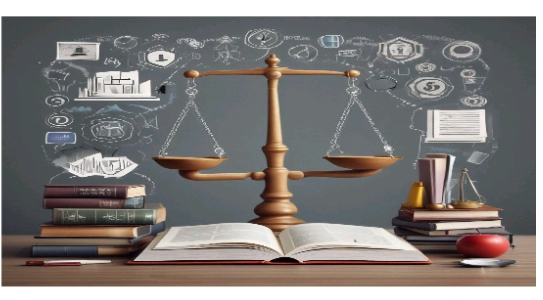According to the Oxford Dictionary policy is defined as a course or principle of action adopted or proposed by an organization or individual.
It is imperative to note that statutes (Acts) are made by Parliament under Article 79 of the 1995 constitution as amended to 2018. However, under the same Article, clause 2 grants Parliament powers to delegate such powers.
On the other hand, the executive branch cannot make laws; however, it can develop policies and reforms to better run the government and public affairs. The President, Ministers, governmental agencies, and departments can develop such public policies.
In reference to our question today: Do Artists need a law on copyright or policy considerations? We need to understand and differentiate the two although, they tend to look similar.
There is a considerable difference between the law and policy reforms and we can discuss both of them with their significance to musicians in the following ways:
Musicians need policy reforms to handle their daily life-threatening challenges such as mental health (being in the public face is the most stressing and depression life someone can ever have).
Policies that campaign for musicians health and association benefits in any federation or employment opportunity should be formulated to meet the current demands of the changing music society.
There is need for the Government to start analyzing and putting emphasis to informal sectors since these sectors have proved to employ more youth than anticipated before.
According to Jeremy de beer, Chris Armstrong ad Chidi Oguamanam in their book Innovation & Intellectual Property- Collaborative Dynamics in Africa on page 72 under policy making, they argue that the Government of Uganda has neither studied, nor has experienced with, the relationship between the formal and informal sectors. Instead, emphacisis is placed on formal-to-formal sector linkages, such as university-industry linkages or collaborations and exchanges of innovation through formal clusters (UNCST official, 2012).
Policy reforms can including setting up financial schemes, recognised association, performance theatres, tax free music concerts and equipments, and crowd funding from the Government among other policy reforms.
Going back to the law, as time goes by, Ugandan music creators have continued to demand new copyright laws that tackle the rampant questions raised regarding modern music. They argue that the existing laws such as the Copyright and Neighbouring Rights Act, No. 6 of 2006 and its regulations do not provide value for music.
They argue that the provisions of the Act are too general, meaning they barely tackle the challenges and day-to-day life of a musician or artist in the sense of music performer. The Act lacks specific provisions that handle music contracts, definitions on who is a music performer, agents of music performers and the pressing issue of music distribution. They believe that such law should be revised and capture favorable provisions in Statutes to address the current modern society on the musician needs. The Uganda Government needs to develop a framework for furthering music industry development and success.
Many think that lack of defined administrative structures to help regulate the music industry is another factor to address through policy reforms but not under a statute. There should be considerations about the meaning of musicians, royalties, and policy-making in favour of concerts and distribution.
Under Copyright protection, many Ugandan musicians struggle with copyright infringement and piracy. Others lack understanding of what amounts to infringement or the available remedies or procedures to go through to seek justice in case there has been infringement.
The issue of royalty payments, contractual protection, industry regulation and support for the creative industries can be handled by policies supporting the industry and aiding access to funding, training, and protection of traditional music. Be that as it may, policy considerations always come into play where the law leaves a lacuna unaddressed.
The Uganda Copyright law provides the legal foundation whereas policy considerations can create an environment that supports the creativity in music.
This can be clearly propounded as the smooth running of the music business in particular, whereas the law is said to be an ass as said by lawyers0. It is what it is, and it cannot be changed unless the legislators do so not individuals, policy considerations are always intended to harmonize for effective business running of the industry.
It is a trite fact that the current modernized technology society has created a plethora of environmental music problems, and it is no longer easy for a creator or author of a music product to derive a benefit from it. The digital age has changed the perception of music creation, ownership, distributions and earnings, therefore calling for amendments and Government assistance, but we ask ourselves do we need the copyright law or policy considerations? Indeed, there has not been a rich precedent in Uganda music industry to address a fair use doctrine, restrictions towards media houses among others. The laws and policy reforms are in a blue sky.
In conclusion, the relationship between the law and policy considerations is a trifle one but the question of whether the artists need a law on copyright or policy considerations is very ambiguous looking at the current state of Ugandas music industry, all areas are like a scrabbling skull and need reforms, be it the law or policies, we need all.





















Discussion about this post